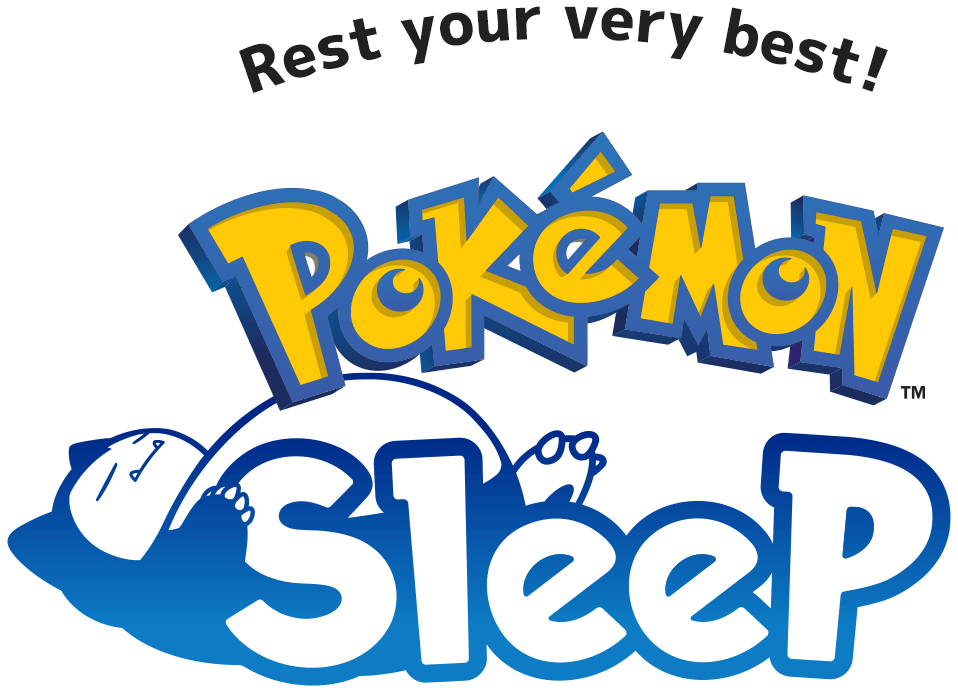Have some questions about sleep?
Can I store up sleep?
Notes:
- Pokémon Sleep is intended for entertainment purposes only and is not intended for use in detection, diagnosis, or treatment of any medical condition or disease.
- The information provided in this article—and the sleep score registered through Pokémon Sleep—does not represent or substitute for a diagnosis from a physician or health care professional, and it cannot be used as a diagnostic or therapeutic treatment for a sleep disorder. Users should seek medical attention in case they present signs or symptoms that could be associated with sleep disorders.
- Please note that the information in this article is intended for adults regarding sleep unless otherwise stated.
Unfortunately, sleeping extra doesn’t prevent sleep debt. In fact, you cannot sleep more than you need when you are getting a sufficient amount of sleep.
The results of the following experiment back this up.

◆ Eight people participated as test subjects in the experiment.
- They carried out their daily activities as normal in a brightly lit place for ten hours.
- They then laid down in a dark room for the next 14 hours, sleeping as much as they wanted.
The experiment produced the following results:
| ▼Days Elapsed | ▼Average Sleep Duration |
|---|---|
| Before the experiment | 7 hours and 36 minutes |
| First day | About 12 hours |
| Afterwards, their sleep duration grew shorter each day… | |
| 3 weeks later | 8 hours and 15 minutes |
We can conclude from this experiment that the required sleep duration for these test subjects was 8 hours and 15 minutes, and, based on their average sleep duration before the experiment, that it took three weeks to make up an approximately 40-minute sleep debt. Also, the test subjects’ moods and activity levels increased dramatically during the experiment, and they felt happier.
Therefore, the fact that the test subjects were able to sleep long enough to consider it “saving up sleep” actually meant they had sleep debt to begin with, and that sleep can restore sleep debt, but cannot be saved up in advance.
But the results of one experiment reported suggest that sleeping extra on the weekends lowered mortality rates compared to not sleeping enough all week long. So while not ideal, it’s better than never getting enough sleep.
On the other hand, some different research suggests that sleeping longer than usual on the weekends confuses the biological clock, increasing the risk of putting on weight and increasing BMI.
Because of all this, you should focus on adjusting your lifestyle to maintain a regular sleep schedule throughout the week.
Reference materials: William C. Dement, MD, PhD. Sleep Extensions: Getting as Much Extra Sleep as Possible. Clin Sports Med 24, 2005
Åkerstedt, Torbjörn, et al. “Sleep duration and mortality–Does weekend sleep matter?” Journal of sleep research 28.1 (2019): e12712.
Roenneberg, Till, et al. “Social jetlag and obesity.” Current Biology 22.10 (2012): 939-943.





